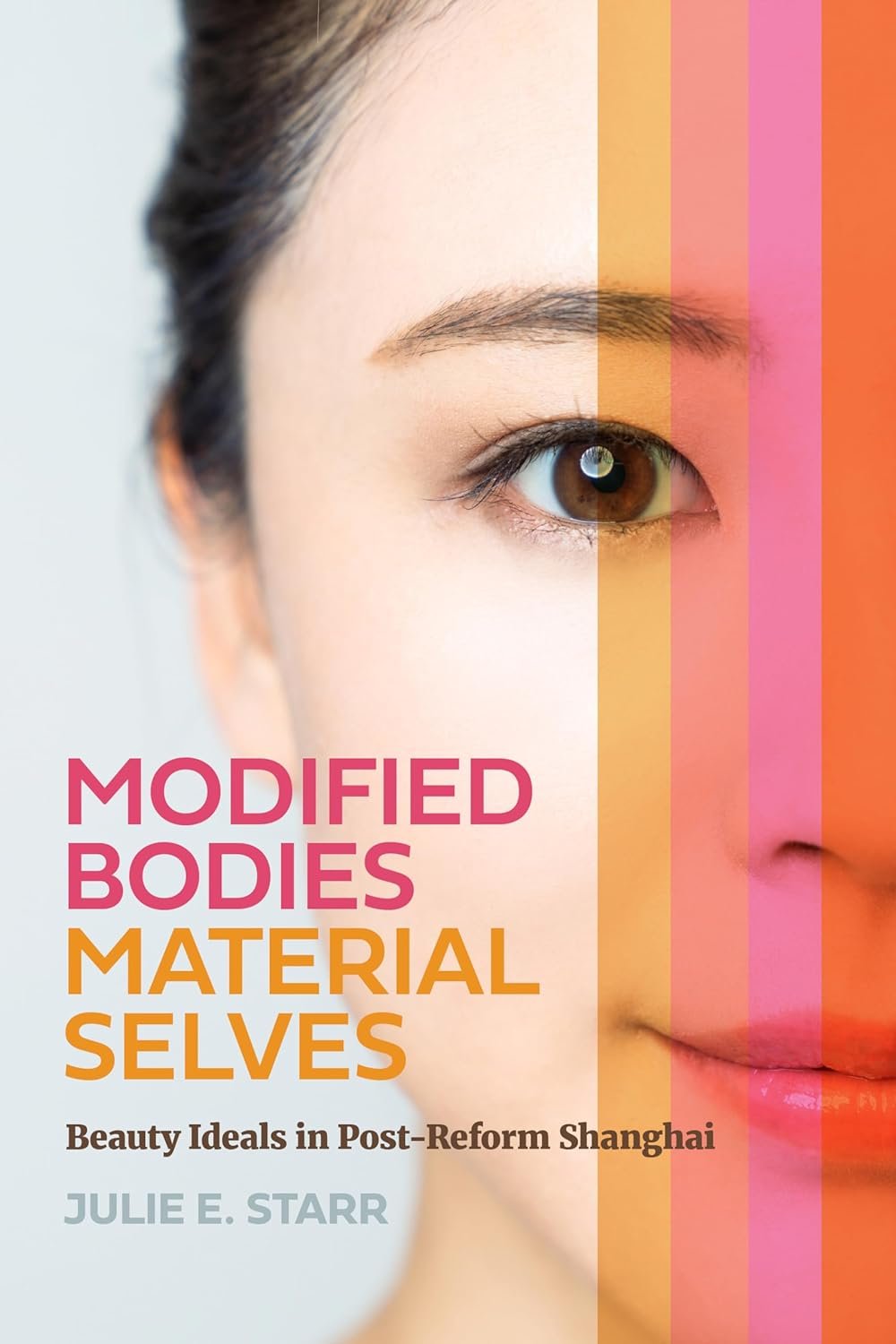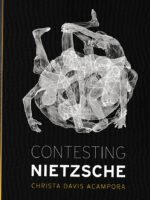Set against the backdrop of China’s post-reform era, Modified Bodies, Material Selves compares the radically different attitudes of middle-class Chinese and Western women living in Shanghai toward the pursuit of beauty. Through comparative ethnography, anthropologist Julie E. Starr parses how experiences of bodies and embodied identities, and the politics ascribed to them, are culturally produced for both groups of women. With a focus on the ways in which late capitalism interacts with different bodies, Starr joins an ongoing conversation about the impact of recent economic reforms on social life in China.
Bringing together theories of embodiment, the politics of appearance, and the bodily nature of selfhood in the twenty-first century, Modified Bodies, Material Selves contributes fresh insights to current debates in anthropology, women’s and gender studies, and East Asian studies.









Be the first to review “Modified Bodies: Modified Bodies, Material Selves”